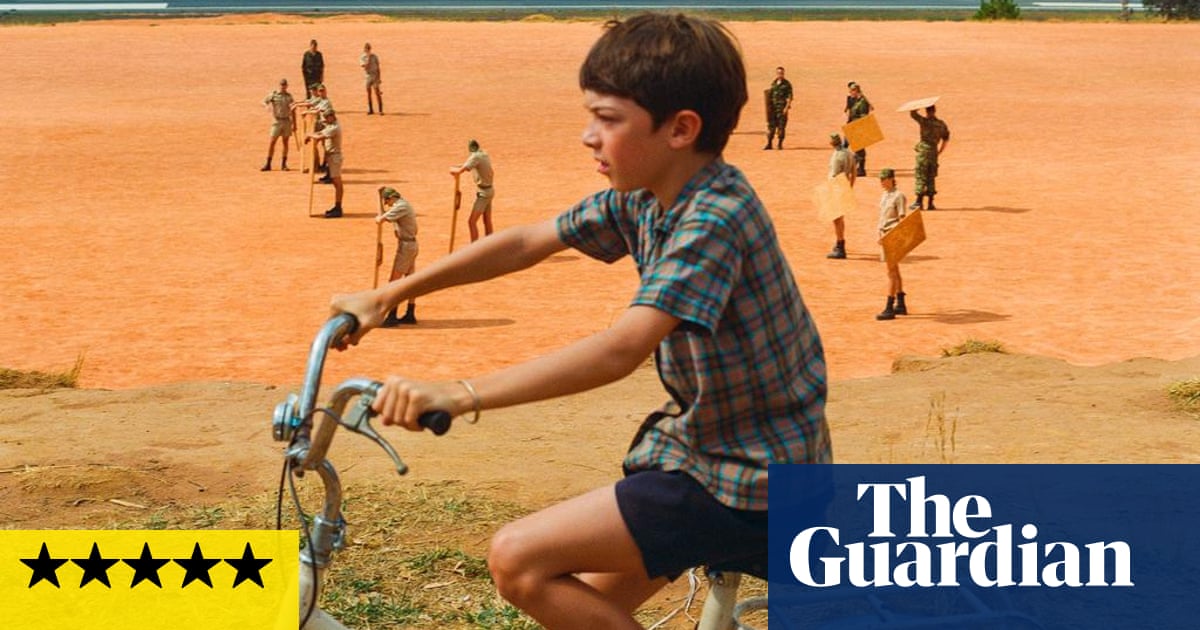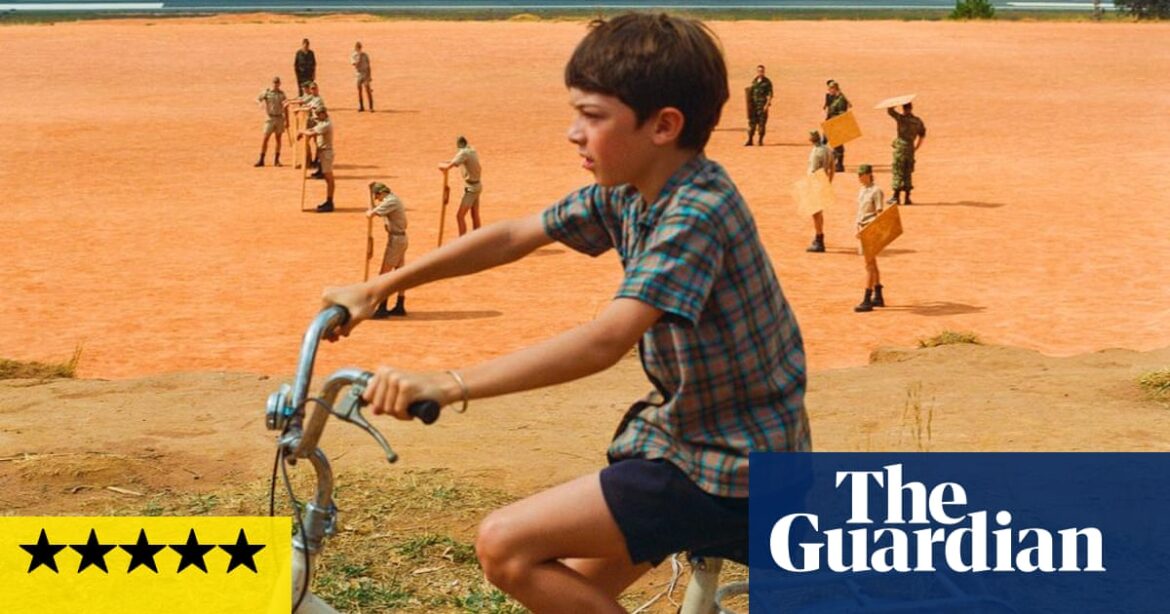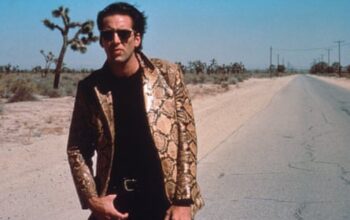
F
Filmmaker Robin Campillo has embraced the unpredictable nature of memory with his tender, unsentimental, and visually striking creation. Drawing from his own childhood experience growing up in a French military base during the early 1970s in newly independent Madagascar, Campillo presents a personal narrative filled with wonder. The story follows a young, imaginative child as he curiously observes the secret lives of adults, which remain a mystery to both him and the grownups themselves. Red Island poignantly intertwines the protagonist’s coming-of-age journey with Madagascar’s transition from a child-like colonial state. The film captures a timeless and relatable representation of childhood.
After being established as an independent country in 1960, Madagascar continues to allow the French military to aid their own government. This has become a desirable assignment for France’s soldiers: a tropical island (much preferred over other locations such as Algeria or Morocco) where the responsibility of governing, the difficult task described by Kipling as the “white man’s burden,” has essentially been shifted onto the former colonial subjects.
The French military officials have plenty of free time to enjoy parties, BBQs, and beach trips with their families, often flirting with other people’s partners. There is a mix of both a lively White Mischief ambiance and a slightly unsettling Stepford vibe, especially for the new young wives who are still adjusting to military life. The environment is a blend of military discipline and strictness with a sense of sensual leisure and monotony. Robert (played by Quim Gutiérrez) is the dominant alpha male in his social circle and is married to Colette (Nadia Tereszkiewicz). Their observant and curious eight-year-old son Thomas (portrayed by Charlie Vauselle) is always sneaking around, trying to catch glimpses of adult life and make sense of it. While he is not able to intervene or act as a mediator in their affairs, he does take breaks from his spying to read about the adventures of Fantômette, a superhero whose extraordinary feats are depicted in dreamlike sequences. When he dresses up as this masked vigilante, it seems to mysteriously alter the weather.
Tommy meets his new best friend, a Vietnamese girl named Suzanne (played by Cathy Pham), and they embark on adventures together, exploring their surroundings on foot or on bicycles with the carefree spirit of childhood. They come across the mysterious bamboo grove called Lovers’ Wood, where they witness couples engaging in forbidden acts of love. Tommy also becomes an eyewitness to the dissolution of a marriage between a young couple on the base, Bernard (played by Hugues Delamarlière) and Odile (played by Luna Carpiaux). Robert, Tommy’s father, hosts a boozy gathering during which Tommy observes the distorted images through the swarming, fragmented glass in the door, reminiscent of the aragonite table Robert had recently purchased. Despite his macho demeanor, Robert has a knack for design and decor and even designs a ring for his wife using two gemstones purchased by his son from a traveling salesman.
Robert becomes irritated when he sees his wife dancing with someone else, so he starts dancing provocatively with Odile. Does this indirectly lead to a crisis? It’s possible. Bernard has a breakdown due to excessive drinking (he collapses at a fancy party held for the general, a captivating scene) and begins a scandalous affair with Miangaly (Amely Rakotoarimalala), a woman from the brothel near their military base. In a British-like manner, Bernard has become accustomed to the local culture and his public relationship challenges the underlying hypocrisy and racism. Shockingly, Bernard is subjected to an exorcism by a worldly and experienced base priest, Père Bertin (Vincent Schmitt). This act of expelling demons is essentially a manifestation of neuroses, highlighting the collective breakdown of the white officer class.
There are stunning scenes, particularly when Robert impulsively purchases three tiny crocodiles for his kids. However, their time on the island is coming to an end. In a pivotal moment, Thomas puts on a homemade Fantômette outfit, made by his mother, and confronts Miangaly as a crime-fighting hero. This signals a new section of the film that focuses on the rebellious and confident Malagasy people themselves. Red Island can be compared to Albert Serra’s Pacifiction, a surreal depiction of French colonial sadness, but without the excessive indulgence. It is a captivating and visually stunning masterpiece.
Pass over advertisement for newsletter
after newsletter promotion
Source: theguardian.com



